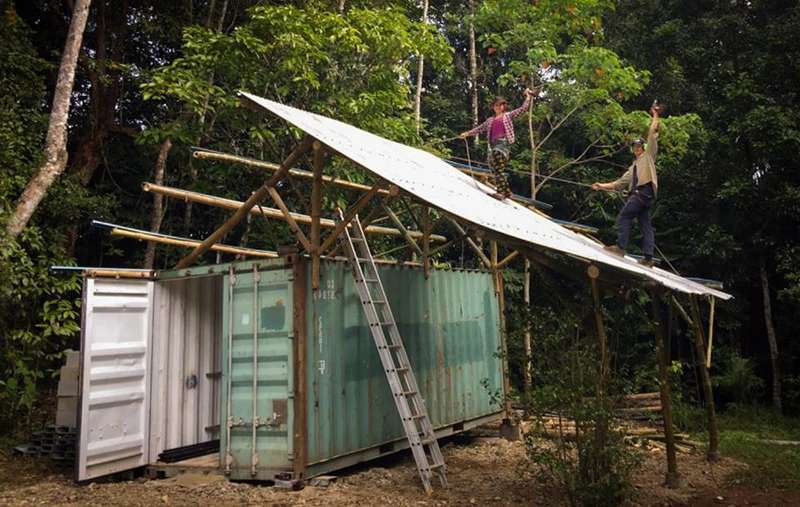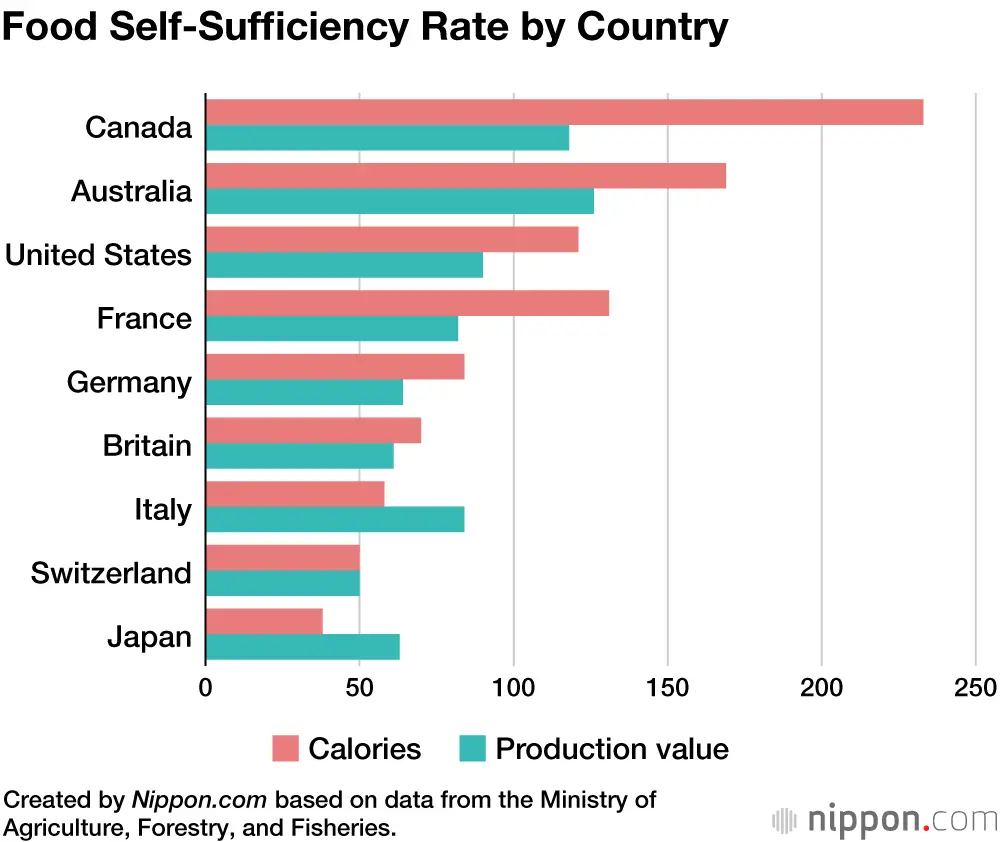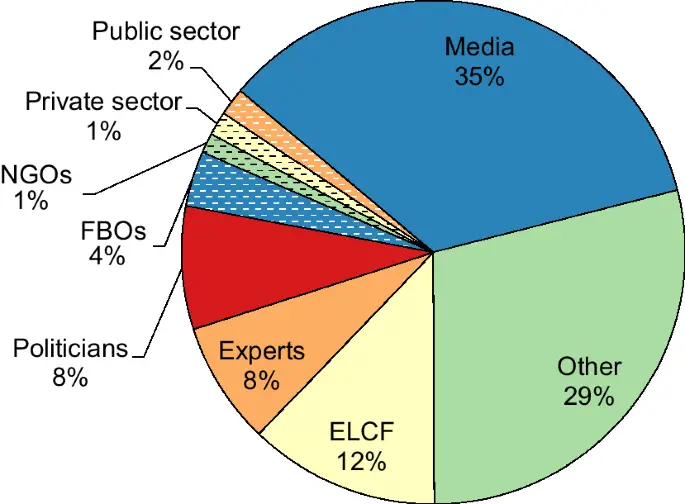Living off the grid in the tropics offers a unique and rewarding experience, but it also comes with its fair share of challenges. The extreme humidity in tropical areas can make it difficult to stay comfortable, and finding ways to generate power becomes crucial. Solar panels are a popular option, but their high power consumption requires careful usage. Additionally, building an elevated shelter becomes essential to avoid moisture and unwanted critters. Dealing with bugs and mosquitoes is another issue that needs to be addressed. On the bright side, water is abundant in the tropics, making rainwater collection systems a viable option for harvesting water. However, growing crops can be challenging due to competition from the lush vegetation. Hunting and fishing become common activities for sourcing food, but one must remain cautious of natural disasters like floods and storms. Lastly, living in the tropics can sometimes get boring, so it’s important to have activities and hobbies to stay entertained.
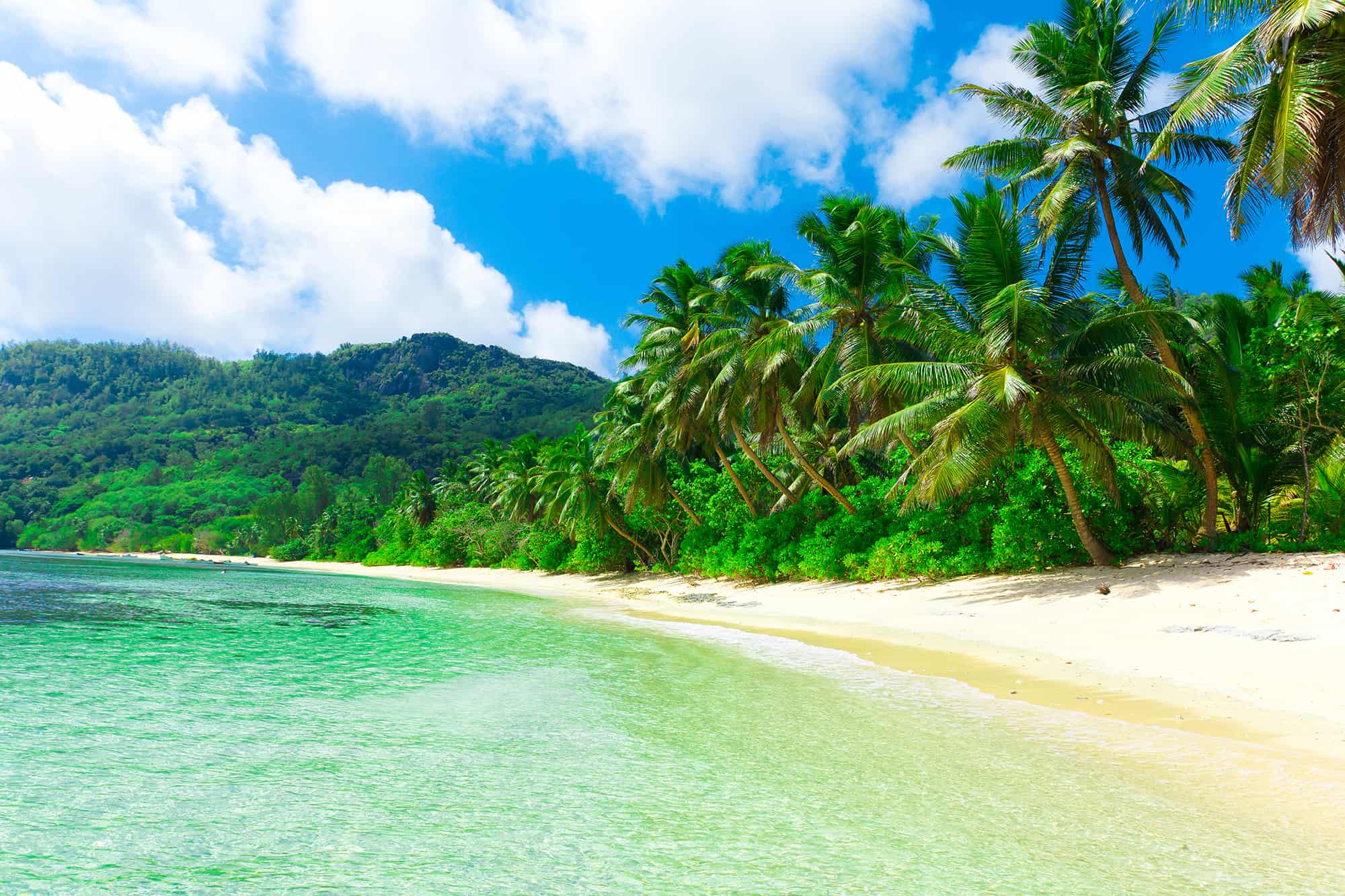
Living off the grid in the tropics
Living off the grid in the tropics offers a unique and rewarding experience. It allows you to disconnect from the fast-paced modern world and immerse yourself in the beauty of nature. However, it also comes with its fair share of challenges that you need to be prepared for. From extreme humidity to managing power consumption, there are several factors to consider when living off the grid in the tropics.
Challenges of living off the grid in the tropics
Extreme humidity in the tropical climate
One of the biggest challenges you will face when living off the grid in the tropics is the extreme humidity. The high levels of moisture in the air can make it difficult to keep your living space dry and comfortable. Mold and mildew can quickly become a problem if you’re not careful. To combat this, it is important to choose materials for your shelter that are resistant to moisture and to regularly inspect and clean your living space to prevent the growth of mold and mildew.
Managing power consumption with solar panels
Solar panels are a popular choice for generating power when living off the grid in the tropics. The abundant sunlight in tropical regions makes solar energy a viable option. However, it’s important to be mindful of your power consumption. The high humidity and intense heat can increase the energy requirements for appliances such as air conditioning and refrigeration. To ensure a sustainable power supply, it’s important to use energy-efficient appliances and not to rely solely on solar power for all your energy needs.
Building an elevated shelter to avoid moisture and critters
To protect your living space from the moisture and critters that are common in tropical areas, it is essential to build an elevated shelter. This will help to prevent water from seeping into your living space during heavy rains and will also provide some protection against crawling insects and critters. Elevating your shelter also helps to promote airflow, which can be beneficial in managing the humidity.
Dealing with bugs and mosquitoes
Bugs and mosquitoes are prevalent in tropical areas, and dealing with them is an ongoing challenge when living off the grid. It is important to take preventive measures to keep bugs and mosquitoes at bay, such as using mosquito nets, screens on windows, and natural insect repellents. Regular cleaning and proper waste management are also important in minimizing the presence of bugs and mosquitoes in your living space.
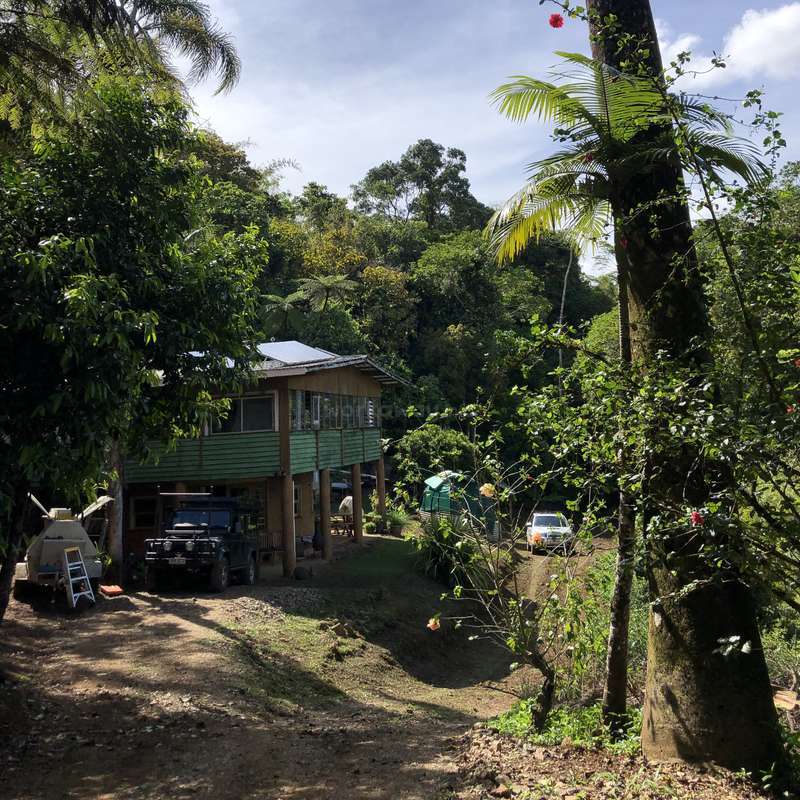
Water management in the tropics
Abundance of water in the tropics
One of the advantages of living off the grid in the tropics is the abundance of water. Tropical regions typically receive high rainfall, providing a plentiful supply of water. However, it’s important to manage this resource effectively to ensure a sustainable water supply.
Rainwater collection systems
Rainwater collection systems are a popular and effective way to utilize the abundant rainfall in the tropics. With the right setup, you can collect and store rainwater for various purposes, such as drinking, cooking, and watering plants. It is important to have proper filtration systems in place to ensure the safety and quality of the collected rainwater.
Challenges of growing crops in the tropics
Intense competition from surrounding vegetation
Growing crops in the tropics can be challenging due to the intense competition from surrounding vegetation. The rapid growth of native plants and weeds can hinder the growth of crops by competing for sunlight, nutrients, and space. To overcome this challenge, it is important to choose crops that are well-adapted to the tropical climate and implement effective weed control strategies.
Sourcing food in the tropics
Hunting as a common activity
Hunting is a common activity for sourcing food in the tropics. The rich biodiversity of tropical regions offers ample opportunities for hunting game animals such as deer, wild boar, and smaller game like birds and reptiles. However, it is crucial to follow local hunting regulations and sustainable practices to ensure the preservation of wildlife populations.
Fishing as a common activity
Fishing is another popular activity for sourcing food in the tropics. With access to rivers, lakes, and coastal areas, tropical regions offer a diverse range of fish species to catch for sustenance. Traditional fishing methods such as net fishing, spearfishing, and using fishing lines are commonly practiced. It is important to be knowledgeable about local fishing regulations and to practice responsible and sustainable fishing techniques.
Precautions for natural disasters in the tropics
Common occurrence of floods
Living in the tropics means being prepared for the common occurrence of floods. Heavy rainfall can quickly lead to flash floods, causing significant damage and disruption. It is important to have an emergency plan in place, including designated evacuation routes and supplies such as clean water, non-perishable food, and first aid kits. Regular monitoring of local weather forecasts and understanding the signs of impending floods can help you stay safe and prepared.
Common occurrence of storms
Tropical regions are prone to tropical storms and hurricanes. These can bring strong winds, heavy rainfall, and destructive forces. Preparing for storms involves securing your shelter, reinforcing structures, and having emergency supplies readily available. It is crucial to stay updated on weather forecasts and heed any evacuation warnings issued by local authorities.
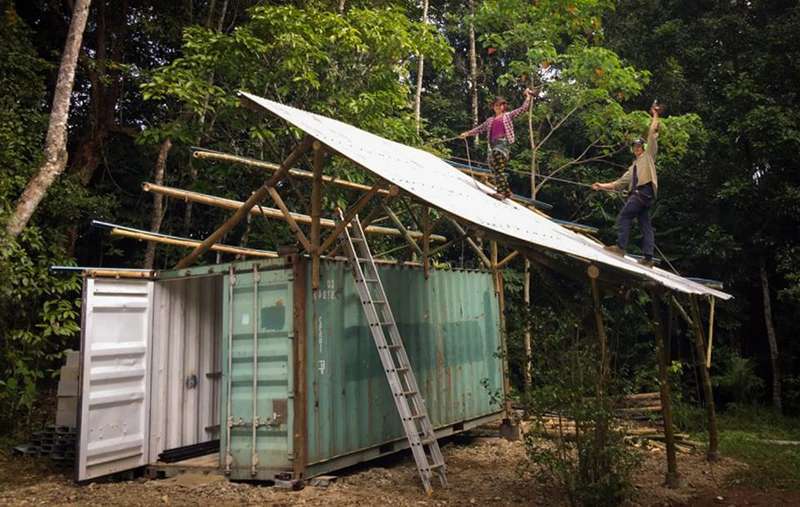
Staying entertained in the tropics
Importance of activities and hobbies
Living off the grid in the tropics can sometimes get monotonous or lonely, especially if you are in a remote area. To combat boredom and maintain a healthy state of mind, it is important to have activities and hobbies that keep you entertained and engaged. This could include engaging in outdoor activities such as hiking, swimming, and exploring the natural surroundings. Additionally, pursuing hobbies such as gardening, painting, reading, or playing musical instruments can provide a creative outlet and bring joy to your off-grid lifestyle.
Living off the grid in the tropics is not without its challenges, but with careful planning and preparation, it can be a truly rewarding experience. From managing the humidity and power consumption to sourcing food and staying safe during natural disasters, there are several factors to consider. By being proactive and resourceful, you can make the most of the abundant resources and unique environment that the tropics have to offer. So, embrace the adventure, and enjoy the beautiful and fulfilling life off the grid in the tropics.

